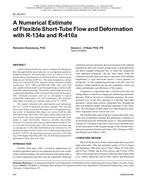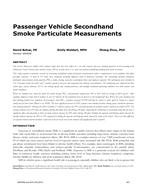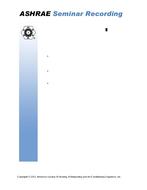Vapor-compression-cycle-based air dehumidification involves an energy-intensive direct air overcooling process. Solid-desiccant dehumidification is a more energy-efficient alternative. It relies on a water adsorption process without the overcooling required in the vapor compression cycle. The performance of solid desiccant-based dehumidification devices is highly dependent on the water adsorption behavior of the desiccant material. The water adsorption isotherm curve often represents the water adsorption behavior of solid desiccant materials. For its use in mathematical models of dehumidification devices, it is necessary to represent the material with a mathematical expression of the water adsorption isotherm curve.
The study aimed to generate water adsorption isotherm curve mathematical expressions of four desiccant materials for use in the simulation of dehumidification devices. The materials tested were four types of zeolites (1, 3A, 13X, and Y74). The characterization process included both the adsorption and desorption processes to account for any hysteresis present. Also, three different temperature levels were considered as representative of typical operating conditions of dehumidification devices. The water adsorption isotherm curves were generated for each material based on the Dubinin-Astakhov equation by using the experimental data. Independent sorption isotherms expressions were generated for each material and each process, comprising the temperature range evaluated.
Product Details
- Published:
- 2022
- Number of Pages:
- 8
- Units of Measure:
- Dual
- File Size:
- 1 file , 2.5 MB
- Product Code(s):
- D-LV-22-C036
- Note:
- This product is unavailable in Russia, Belarus


